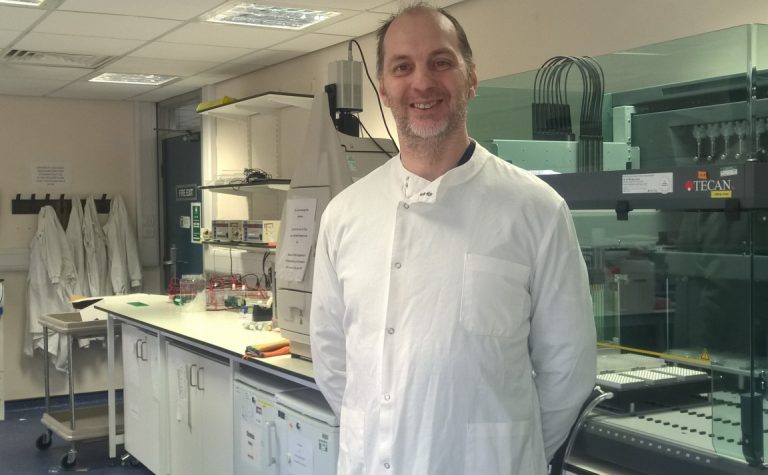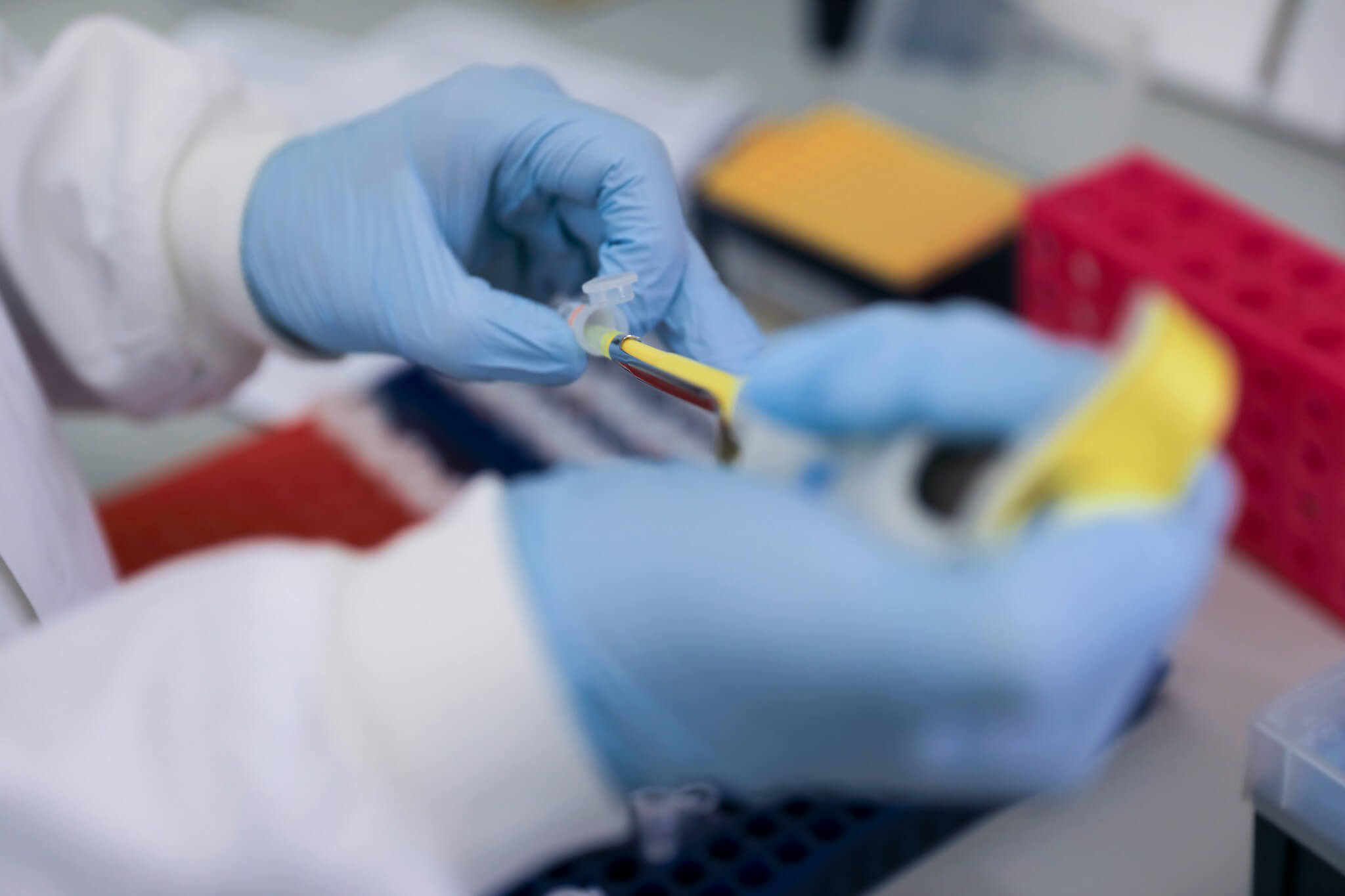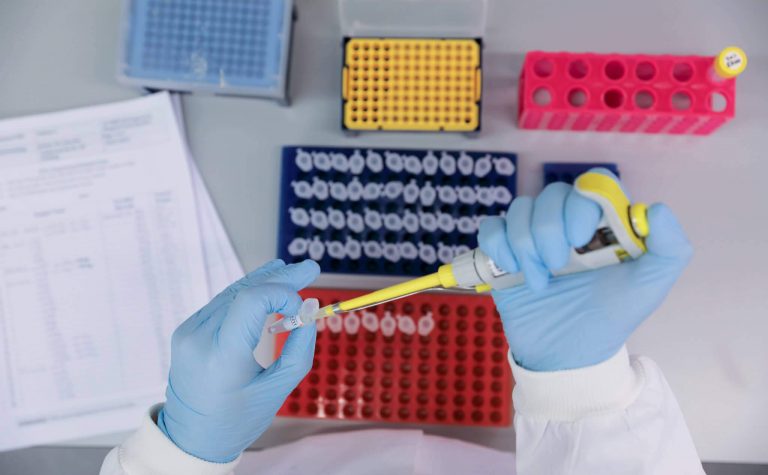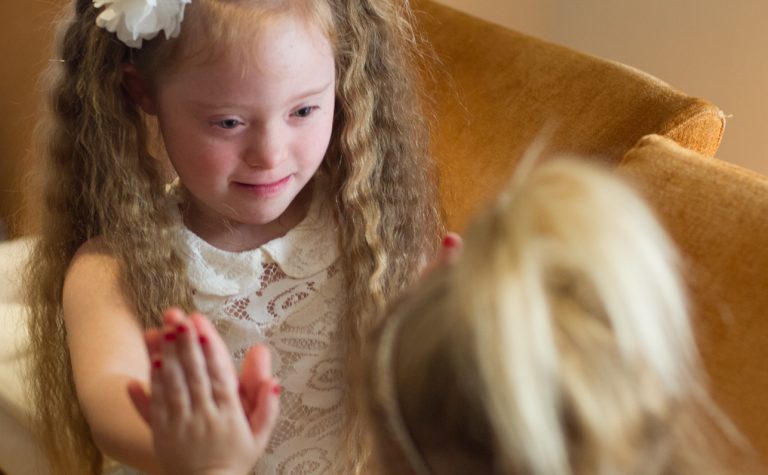Constitutional Mismatch Repair Deficiency is a rare inherited cancer syndrome affecting children. Early diagnosis is important but challenging and the first symptoms often don’t appear to have anything to do with cancer. This project is looking at a new test that should allow us to identify children at risk – before they get cancer.
Because cancers are rare in children, and Hodgkin lymphoma usually shows as lumps in the neck and more general symptoms such as tiredness and night sweats, doctors often think it’s something common like glandular fever. A new blood test could make diagnosis easier.
Thank you
This research project on looking for a new blood test to make diagnoses easier has been successfully completed. Your donations allow us to fund ground-breaking research that can improve treatments given to children with cancer. Thank you. Your help allows us to continue to find ways to drive up the chances of survival for children with cancer and reduce the toxic side effects that can affect the rest of their lives.




